Claire Messud recommends 6 works by masters of interiority
The author recommends works by Henry James, Virginia Woolf, and more
A free daily email with the biggest news stories of the day – and the best features from TheWeek.com
You are now subscribed
Your newsletter sign-up was successful
Claire Messud's new book is Kant's Little Prussian Head and Other Reasons Why I Write, an autobiography in essays. Below, the author of The Emperor's Children and The Woman Upstairs recommends six works by masters of interiority.
Crime and Punishment by Fyodor Dostoevsky (1866).
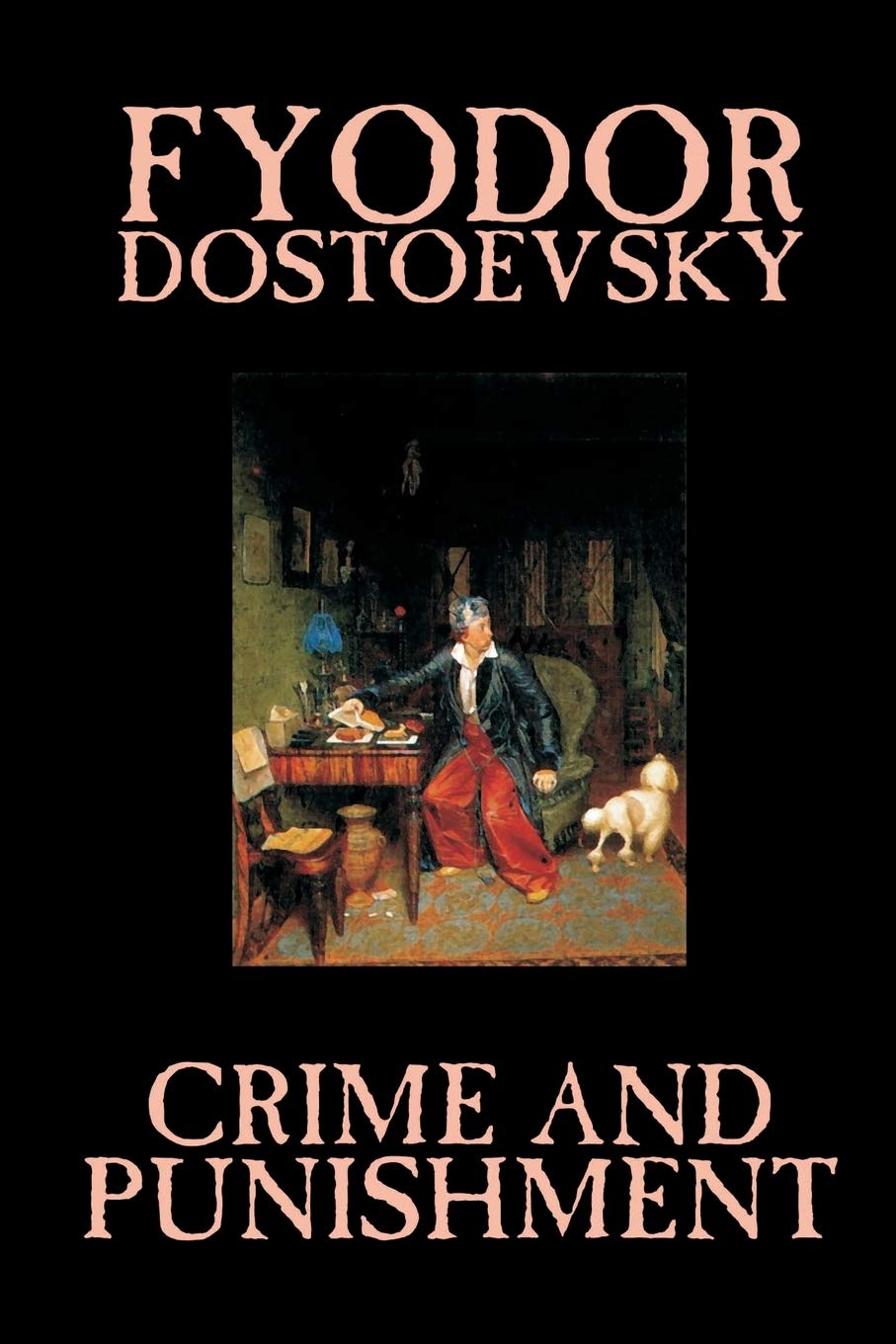
Fiction grants us experiences that we otherwise wouldn't have; mercifully, in this case. Dostoevsky is always excellent in his depiction of dark psychological states, but this rendition of (justified) paranoia is unparalleled and has stayed vivid to me all my life.
The Week
Escape your echo chamber. Get the facts behind the news, plus analysis from multiple perspectives.

Sign up for The Week's Free Newsletters
From our morning news briefing to a weekly Good News Newsletter, get the best of The Week delivered directly to your inbox.
From our morning news briefing to a weekly Good News Newsletter, get the best of The Week delivered directly to your inbox.
The Portrait of a Lady by Henry James (1881).
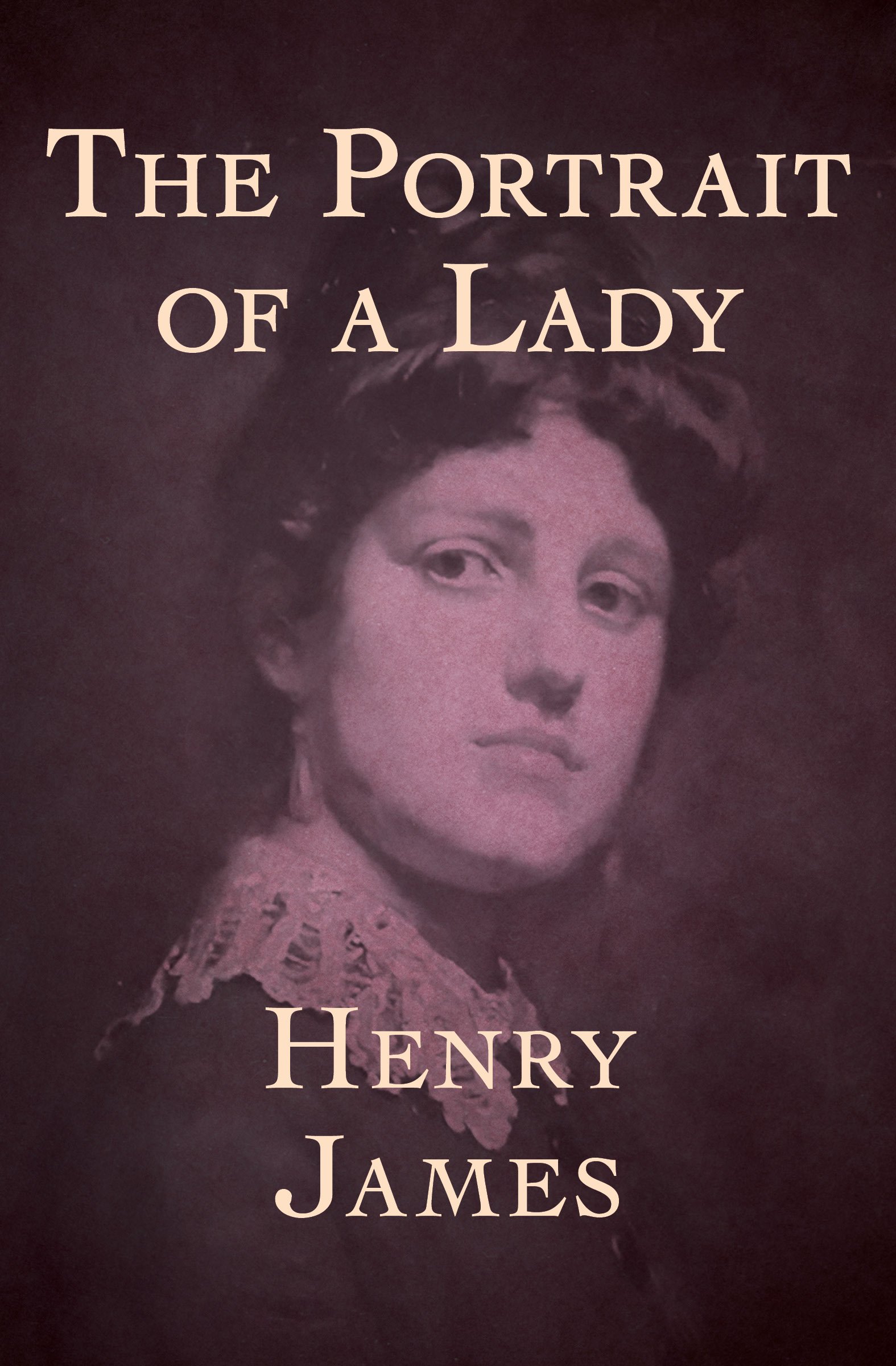
I could propose almost any of James' novels, which so shaped my literary youth. His very sentences reflect the experience of psychological apprehension — sometimes glancing and indirect, then suddenly illuminating, as if you've been groping through a dark maze and suddenly round a corner into revelation. But I have a particular love of Isabel Archer and her strangely recognizable struggles.
Mrs. Dalloway by Virginia Woolf (1925).
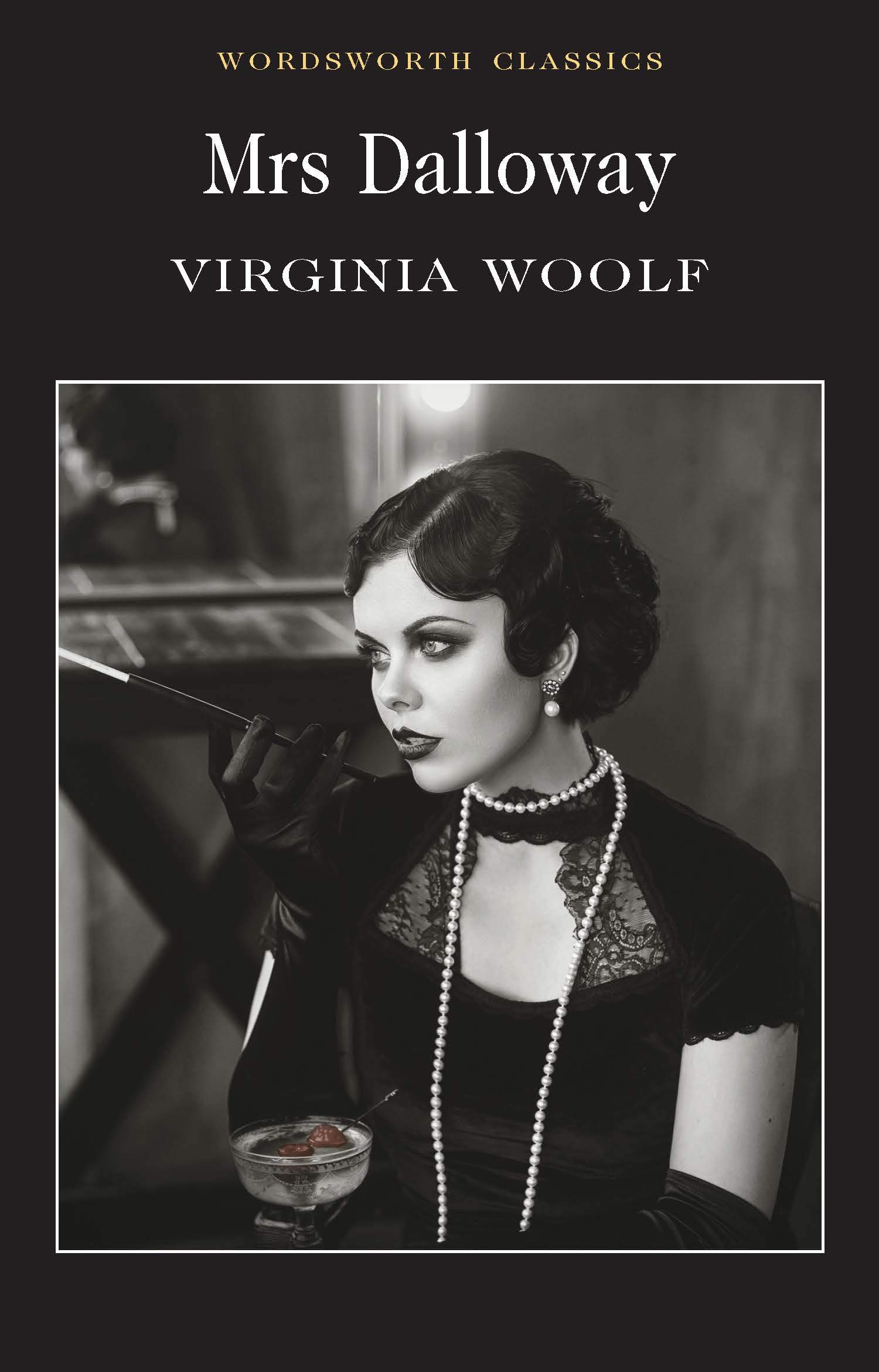
I often teach portions of this novel, and with each re-read I love it more. It speaks so strongly and clearly to the time of life in which I now find myself. Clarissa's joys are wrested from sorrow; her past is as precious as the day around her, as is every moment of the novel's one day.
A free daily email with the biggest news stories of the day – and the best features from TheWeek.com
Invisible Man by Ralph Ellison (1952).
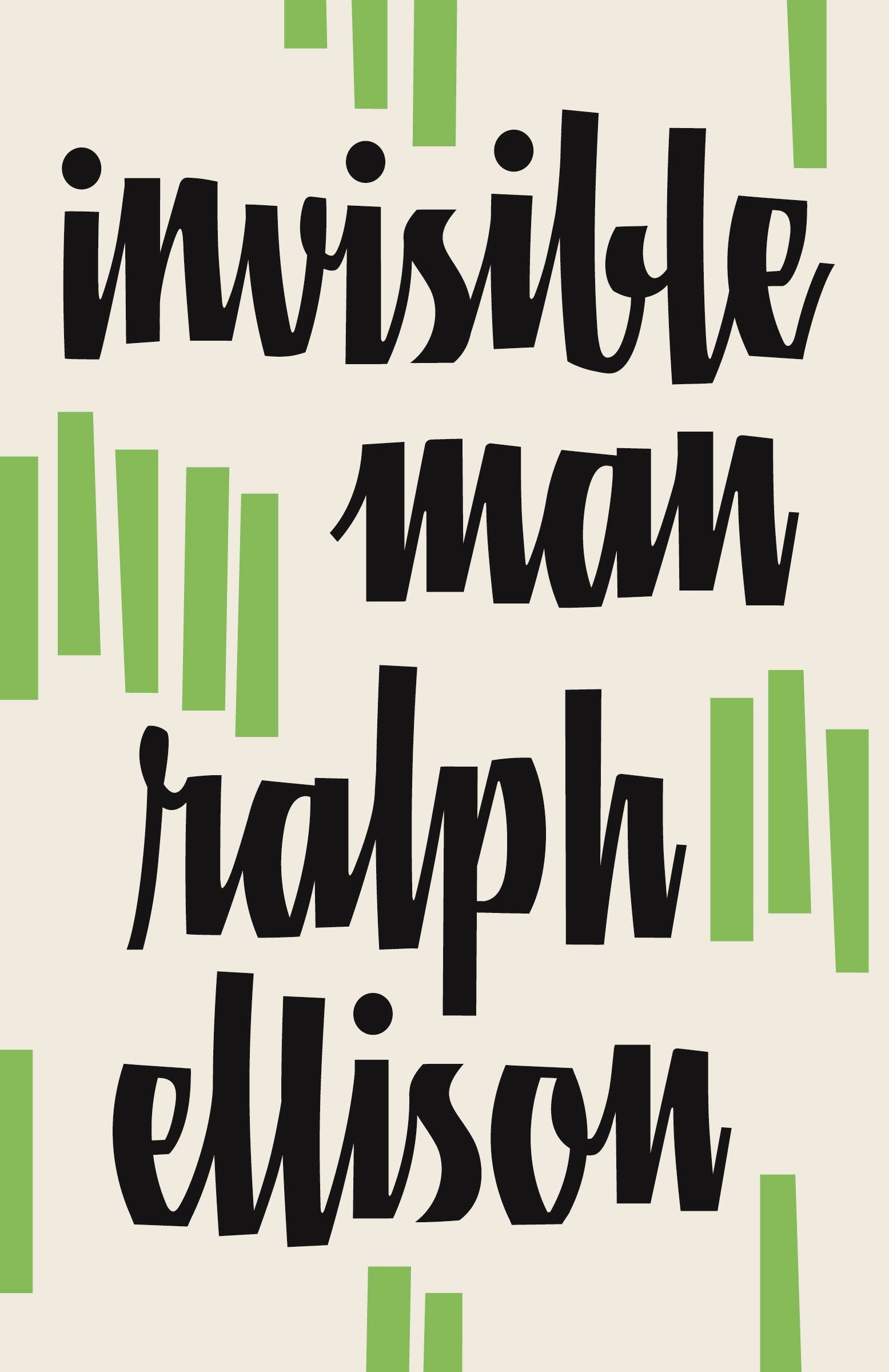
Dismayingly, people seem to speak less often of Ellison than in my youth. Like the other modernists, he requires a degree of attentiveness perhaps at odds with the era of Instagram. But this extraordinary novel more than repays the effort, and its honesty, intensity, and urgency remain undiminished.
Alice Munro: Selected Stories (1996).
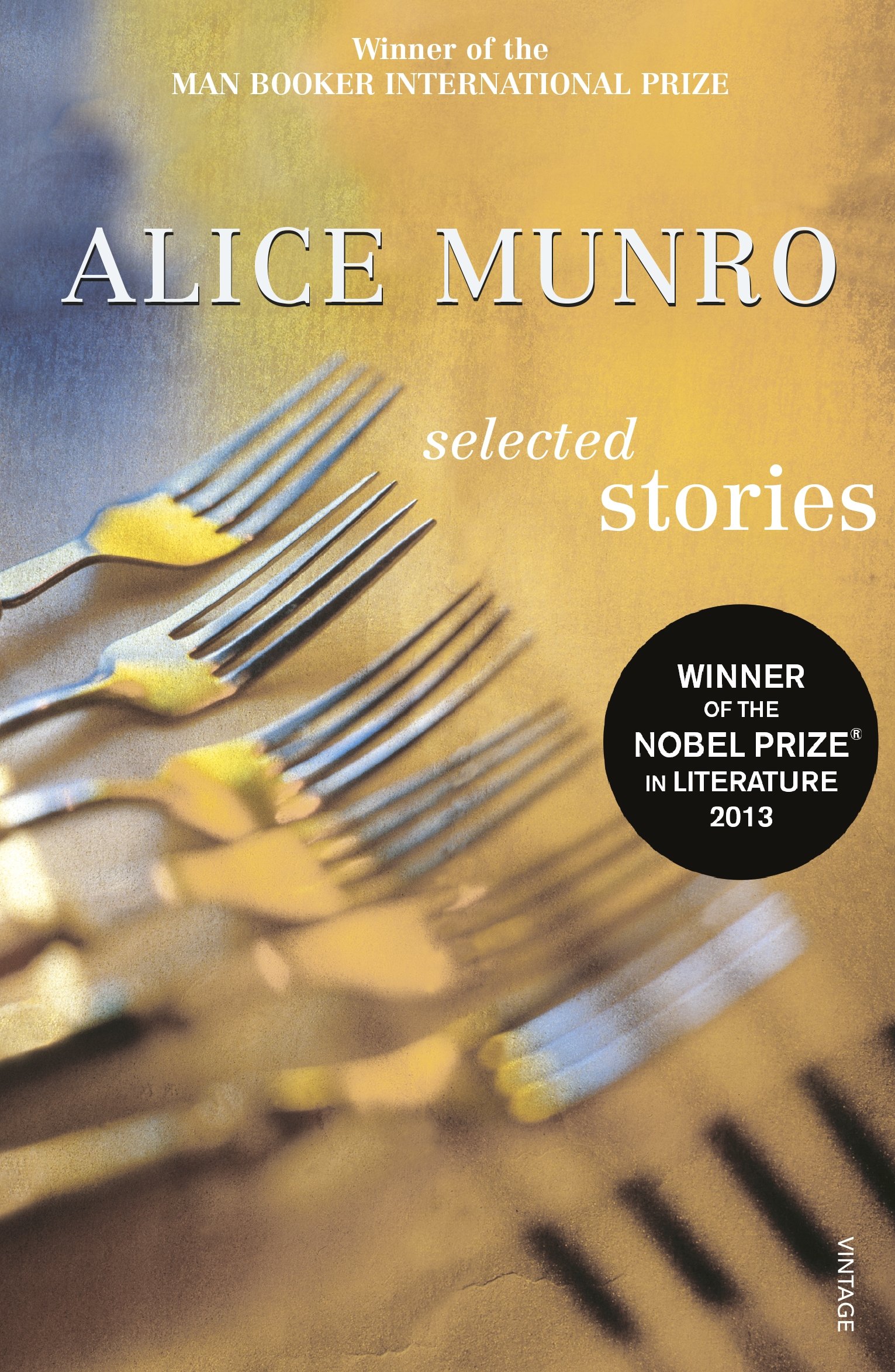
Munro knows her world, and every facet of her characters, to bedrock. She conveys more in a single story than most writers do in a novel. Her prose is glorious — concrete, restrained, with the occasional, always justified, lyrical fillip — and her insight pitiless. She sees everything but knows that life is mysterious, that self-knowledge and the knowledge of others are fractured and partial.
Go, Went, Gone by Jenny Erpenbeck (2015).
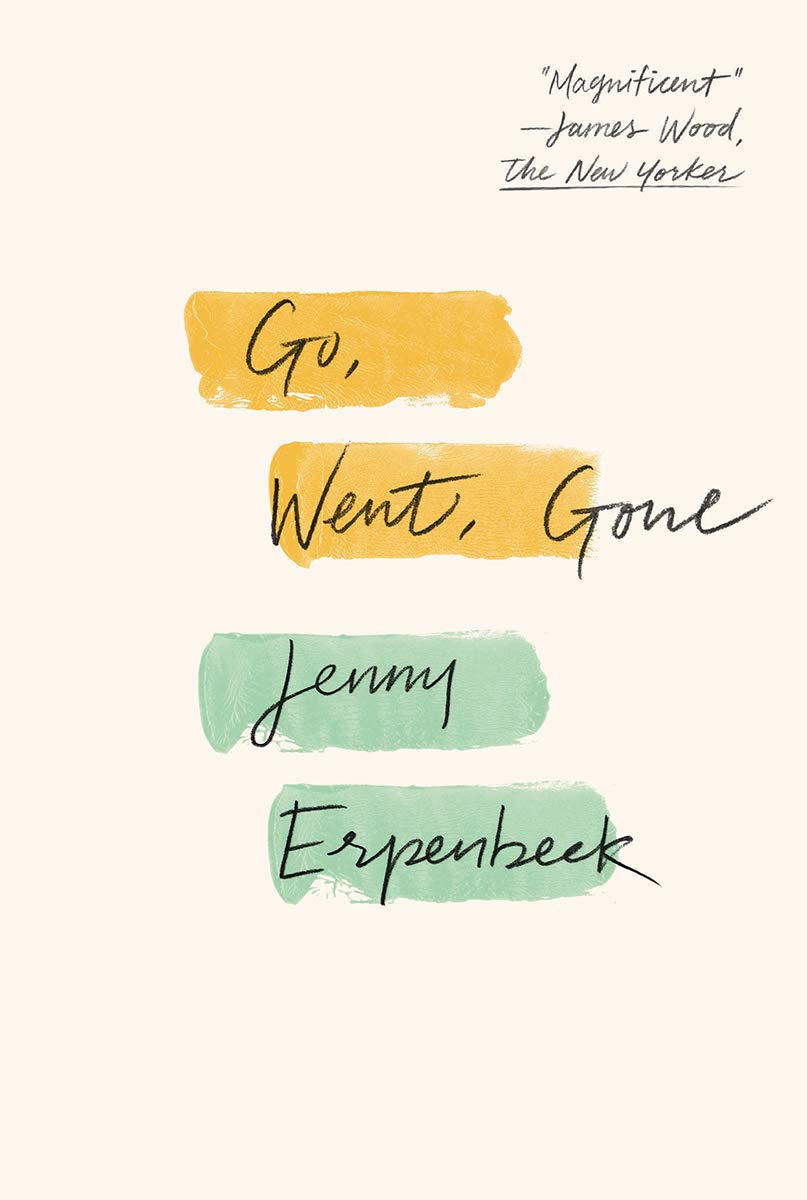
This novel, about a retired classics professor and his engagement with a group of African refugees in Berlin, is extraordinary — in the exploration of this character's complexity, his conscious efforts to connect, and the limitations of his education and temperament. Like Munro, Erpenbeck is profoundly wise and honest.
This article was first published in the latest issue of The Week magazine. If you want to read more like it, you can try six risk-free issues of the magazine here.
-
 Why are election experts taking Trump’s midterm threats seriously?
Why are election experts taking Trump’s midterm threats seriously?IN THE SPOTLIGHT As the president muses about polling place deployments and a centralized electoral system aimed at one-party control, lawmakers are taking this administration at its word
-
 ‘Restaurateurs have become millionaires’
‘Restaurateurs have become millionaires’Instant Opinion Opinion, comment and editorials of the day
-
 Earth is rapidly approaching a ‘hothouse’ trajectory of warming
Earth is rapidly approaching a ‘hothouse’ trajectory of warmingThe explainer It may become impossible to fix